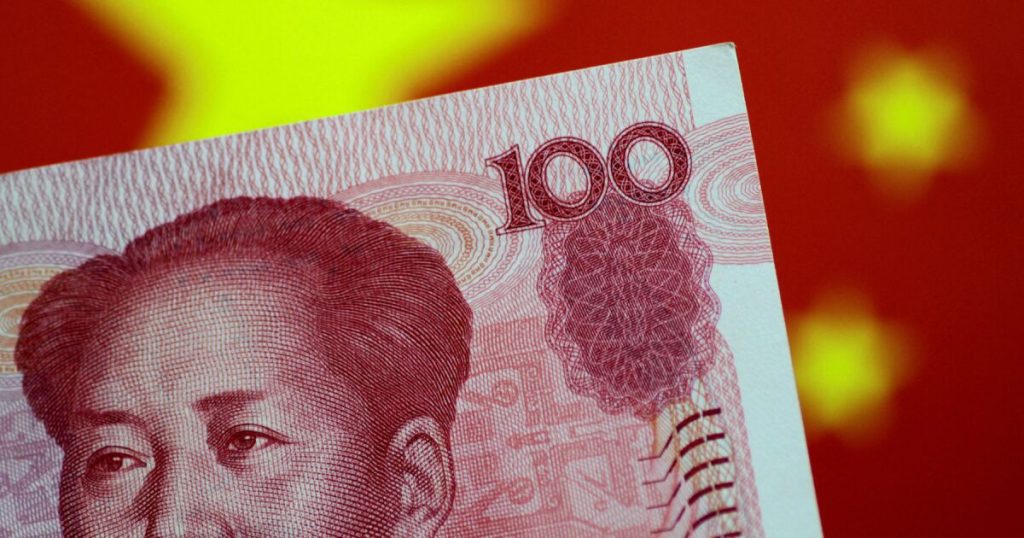MIAMI, United States. – An intense debate over whether the United States should maintain the embargo against the Cuban regime marked a session in the House of Representatives this Wednesday, according to the AFP agency report.
“90 miles from the coast of the United States resides one of the most repressive and brutal regimes in the world,” denounced Republican Christopher Smith, who also described the Government of the Island as “a threat to the American people” and “security.” national” of the North American country.
“The Communist Party rules through violence and fear and attempts to control not only the economy, but all elements of society,” Smith added.
Donald Trump ready to govern from January 20, 2025, the Republican majority in both houses of Congress and the appointment of the senator Marco Rubio as head of US diplomacy portend more “sanctions” on the Island, Smith indicated.
That tone was reinforced by the former Cuban-American congresswoman Ileana Ros-Lehtinen, who participated in the session as a witness: “Even if no one else imposes an embargo (…) it is still the right thing to do,” he stated, while accusing the Cuban regime of not properly using the resources it obtains, but of selling food and medicine to others. Finnish.
However, voices against the embargo were also heard in the session. “Our approach towards Cuba (…) has not benefited the Cuban people,” said Democrat Susan Wild, for whom sanctions only “serve[n] to further distance Cuba from the promise of a free society.”
Along the same lines, Juan Pappier, deputy director of Human Rights Watch for the Americas, stated that US policy has been “counterproductive” and offered an alternative path: “progressively replace the embargo with specific sanctions against officials responsible for human rights violations.” ” and seek a multilateral approach.
Not everyone agreed: Maria C. Werlaudirector of the Cuba Archive project, rejected the idea that international commitment and dialogue have served any purpose, arguing that totalitarian regimes like Cuba’s “do not succumb to dialogue or entreaties.”
The hearing took place shortly before the handover to the Trump administration, which appointed Rubio to head the State Department. The hard line of the future administration is reinforced with the promise to “double the sanctions” against Havana, Smith noted.
Even before the Biden Administration concludes, on January 20, no movements are expected: “I do not foresee any change in our policy towards Cuba between now and the end of this administration,” declared the head of American diplomacy, Antony Blinkenin another congressional session, when He was questioned by the Cuban-American María Elvira Salazar on whether the regime would be kept on the list of State sponsors of terrorism.















